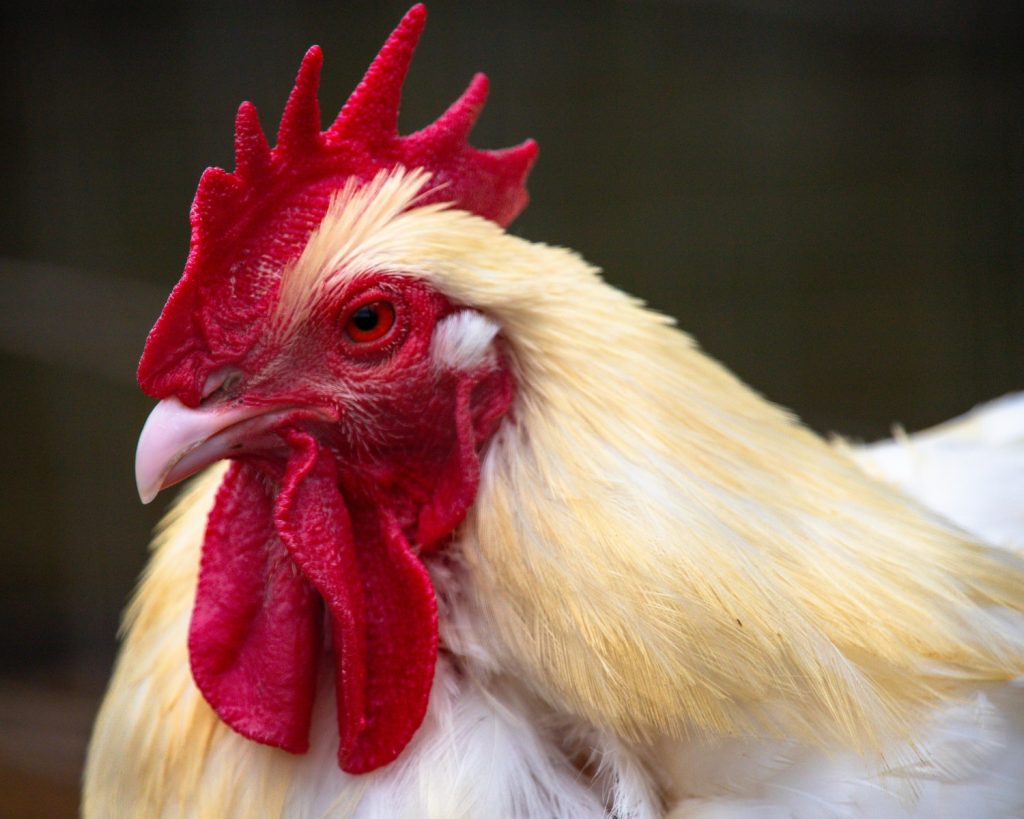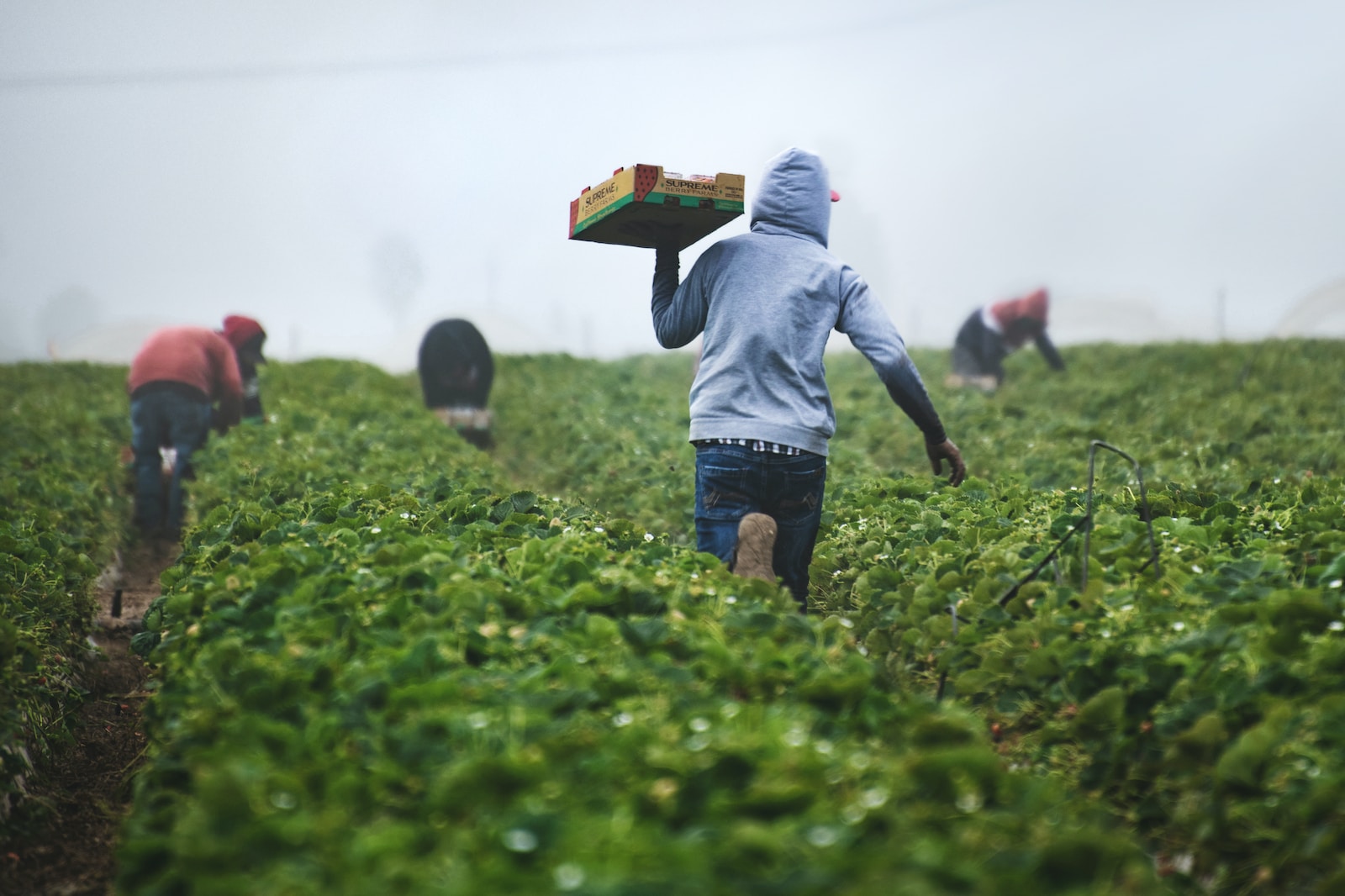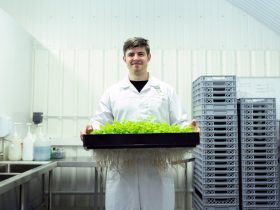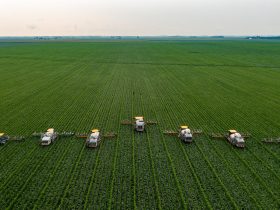In today’s world, where sustainability and responsible practices are gaining increasing importance, ethical farming initiatives have emerged as a significant area of interest for investors. With a growing awareness of the environmental and social impacts of conventional agricultural practices, individuals and organizations are seeking investment opportunities that align with their ethical values. In this comprehensive guide, we will delve into the world of ethical investment opportunities in ethical farming initiatives, exploring various avenues for investment, the potential financial returns, and the positive impacts on the environment and society.
Organic Farming: Nurturing the Earth
Organic farming serves as a cornerstone of ethical farming initiatives, focusing on sustainable and environmentally friendly practices. By investing in organic farming initiatives, you can support farmers who prioritize the use of natural fertilizers, crop rotation, and biological pest control methods. Organic farming reduces the reliance on synthetic pesticides and fertilizers, promoting soil health and biodiversity conservation.
Investing in organic farming can be done through various channels. One option is to support organic farming cooperatives, where farmers join forces to collectively market their organic produce. Another option is to invest in organic food production companies that adhere to strict organic standards. Additionally, direct investment in organic farms is also a possibility. These investments not only align with ethical values but also tap into the growing market demand for organic products, potentially providing attractive financial returns.
Regenerative Agriculture: Healing the Land
Regenerative agriculture takes the principles of organic farming a step further by focusing on restoring and improving soil health, biodiversity, and ecosystem resilience. This approach aims to reverse the negative impacts of conventional agriculture and create a more sustainable and resilient food system.
Investing in regenerative agriculture initiatives involves supporting farmers who implement practices such as cover cropping, rotational grazing, agroforestry, and no-till farming. These practices enhance soil fertility, sequester carbon, and promote water conservation. By investing in regenerative agriculture, you can contribute to the restoration of degraded land, mitigate climate change, and support the production of nutrient-dense and environmentally-friendly food.
Community-Supported Agriculture (CSA): Building Local Connections
Community-supported agriculture (CSA) is a model that connects consumers directly with local farmers. By investing in CSA initiatives, you can support small-scale farmers and promote local food systems. CSA programs typically involve consumers purchasing shares or subscriptions, which entitle them to receive a portion of the farm’s produce throughout the growing season.
Investing in CSA initiatives provides financial support to farmers and fosters community engagement and food security. By investing in CSA programs, you can contribute to the preservation of small-scale farming, the reduction of food miles, and the promotion of sustainable and ethical food production practices. Additionally, CSA investments often offer the opportunity to participate in farm activities and gain a deeper understanding of the food production process.
Sustainable Livestock Farming: Caring for Animals and the Environment
Investing in sustainable livestock farming initiatives allows you to support farmers who prioritize animal welfare, environmental stewardship, and sustainable production practices. Sustainable livestock farming focuses on providing animals with humane living conditions, minimizing the use of antibiotics and hormones, and implementing regenerative grazing practices.
Investment opportunities in sustainable livestock farming can range from supporting pasture-based meat producers to investing in companies that develop plant-based alternatives to traditional animal products. By investing in sustainable livestock farming, you can contribute to the reduction of the environmental impact of animal agriculture, promote animal welfare, and support the development of more sustainable protein sources.

Agroforestry: Cultivating a Sustainable Future
Agroforestry combines agricultural practices with the cultivation of trees, creating integrated and sustainable farming systems. By investing in agroforestry initiatives, you can support farmers who incorporate trees into their agricultural landscapes, providing multiple benefits such as improved soil health, carbon sequestration, and diversified income streams.
Investment opportunities in agroforestry can include supporting projects that establish agroforestry systems, investing in companies that produce agroforestry products, or even investing in timberland. Agroforestry investments not only contribute to climate change mitigation and biodiversity conservation but also offer long-term financial returns through sustainable timber production and other agroforestry products.
Conclusion: Investing with Purpose
Ethical investment opportunities in ethical farming initiatives are on the rise, driven by the increasing demand for sustainable and responsible food production. By investing in organic farming, regenerative agriculture, community-supported agriculture, sustainable livestock farming, and agroforestry, you can align your investments with your ethical values while potentially reaping financial rewards.
These investment options not only provide opportunities for financial growth but also contribute to the preservation of the environment, the promotion of sustainable farming practices, and the support of local communities. As an ethical investor, you have the power to make a positive impact on the food system and create a more sustainable and equitable future for all.
Investing in ethical farming initiatives goes beyond financial gain. It is a way to actively participate in the transformation of the agricultural sector towards a more sustainable and responsible model. By supporting organic farming, regenerative agriculture, community-supported agriculture, sustainable livestock farming, and agroforestry, you are contributing to the preservation of natural resources, the reduction of greenhouse gas emissions, and the promotion of biodiversity.

































